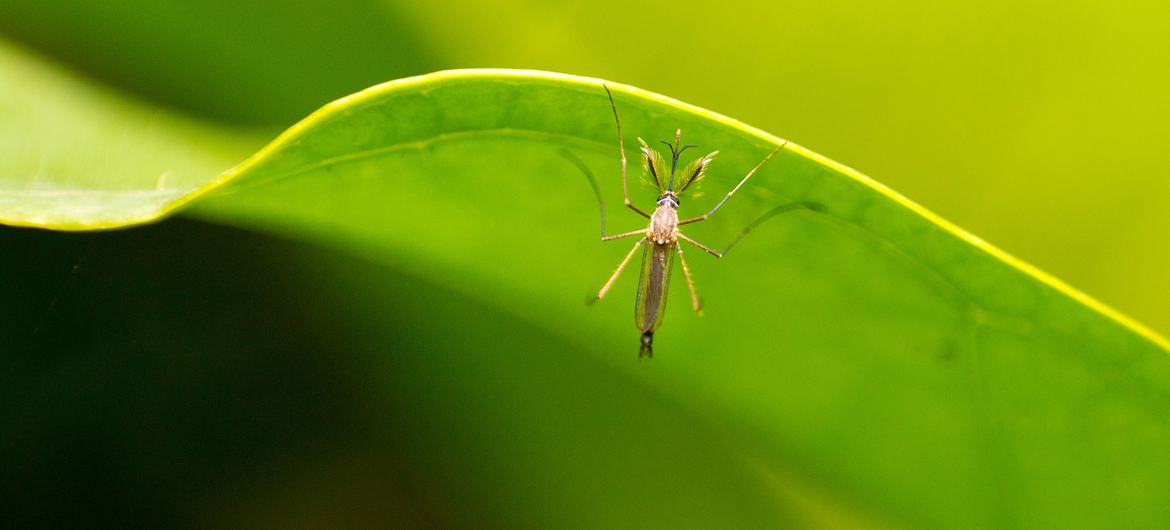“About half of the world’s population is at risk of dengue, and dengue affects approximately 129 countries,” said Dr Raman Velayudhan, WHO’s Head of the Global Programme on control of Neglected Tropical Diseases.
“We estimate that about 100 to 400 million cases are reported every year. This is basically an estimate and the American region alone has reported about 2.8 million cases and 101,280 deaths.”
Most common infection
Dengue, also called breakbone fever, is the most common viral infection that spreads from mosquitoes to people. Most people with dengue do not have symptoms and recover in one to two weeks. But some people develop severe dengue and need hospital care.
“In some cases, especially when you get the infection for the second time, which we call a secondary infection, this can lead to severe dengue and it can be fatal too,” explained Dr. Velayudhan, briefing journalists at the UN in Geneva.
Dengue is spread by the Aedes species of mosquito. The disease is more common in tropical and subtropical climates. Its incidence has grown dramatically worldwide in recent decades, Dr. Velayudhan explained.
Cases rising fast
“In 2000, we had about half a million cases and today in 2022 we recorded over 4.2 million, which really shows an eight-fold increase.” He said that number could well increase “as we get more and more accurate figures.”
Asia represents around 70 per cent of the global disease burden and the future outlook is bleak, according to the WHO expert. In Europe, the Aedes mosquito is well established and dengue and chikungunya infections have been reported for more than a decade.
“European countries are also on alert because Europe had recorded an Aedes transmission of either dengue or chikungunya since 2010,” said Dr. Velayudhan. “We have had more outbreaks since then and it is estimated that the mosquito is present in about 22 European countries.”
Numerous factors in addition to climate change have driven the spread of dengue fever, such as the increased movement of people and goods, urbanization and pressure on water and sanitation.
Read more at News.un.org


Leave a Reply